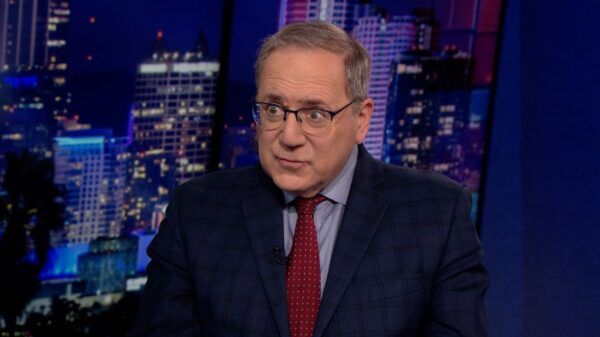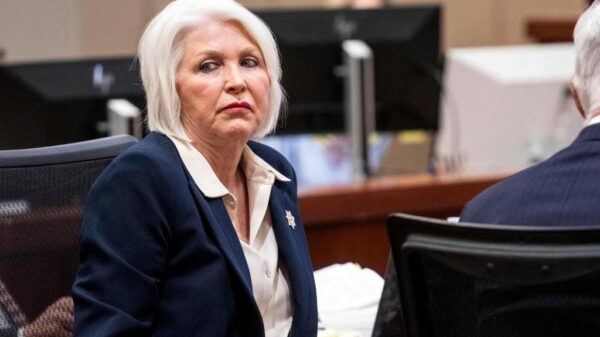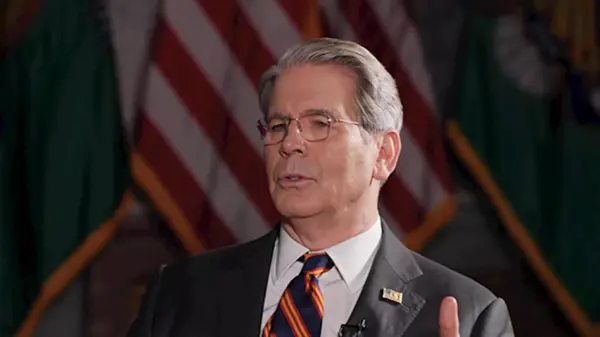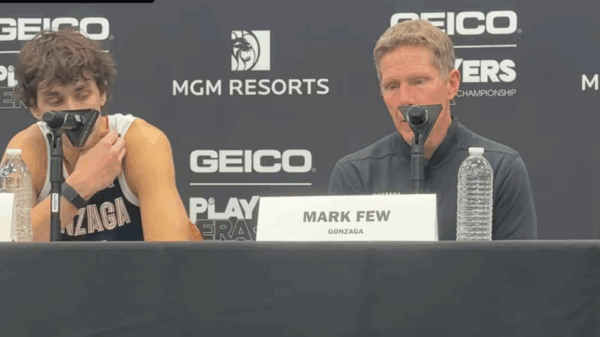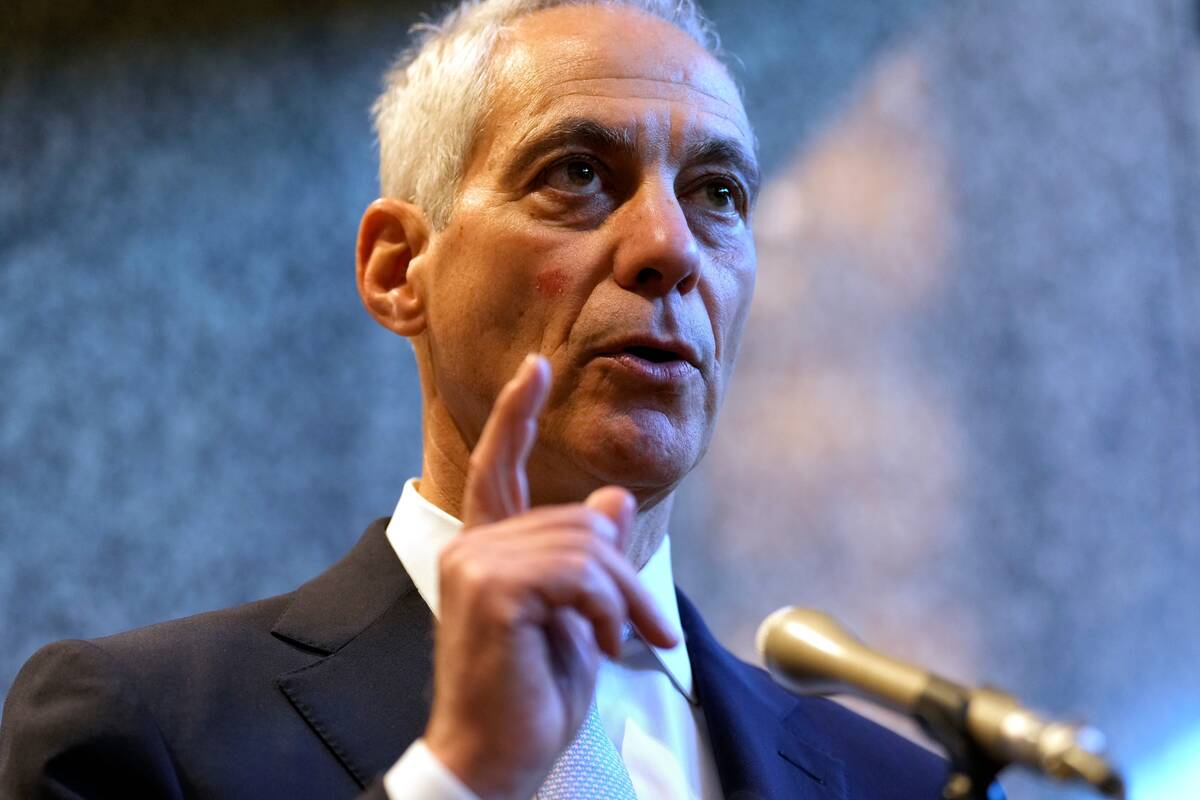Former White House Chief of Staff Rahm Emanuel is advocating for a shift in the Democratic Party’s approach to education. In a recent opinion piece published in The Wall Street Journal, he emphasizes the urgent need for reform as national test scores continue to decline. Emanuel’s insights are particularly relevant for Nevada’s legislative Democrats, who have long aligned themselves with the prevailing education establishment heavily influenced by teachers’ unions.
Emanuel criticizes the party for its decision to keep schools closed during the pandemic, citing the lackluster results from the Nation’s Report Card as evidence of the need for innovative reforms. He argues against the notion that merely increasing funding will resolve the issues plaguing the education system. “Democrats must realize that if money alone could solve the problem, every American student would be a National Merit Scholar,” he stated. “We’ve written too many blank checks — particularly following COVID — without ensuring results or accountability for the investment.”
The former mayor of Chicago highlights a disturbing trend where discussions around educational priorities have become muddled. He points out that while there has been significant focus on social issues, fundamental academic skills are being overlooked. “We’ve spent the past five years debating pronouns without noticing that too many students can’t tell you what a pronoun is,” he remarked, indicating a critical disconnect between policy and actual student needs.
Calls for Fundamental Change in Education
Emanuel champions the Read by 3 initiative, which mandates that children who are not reading at grade level by the end of third grade be held back. He advocates for a “return to the basics” in K-8 education and suggests comprehensive reforms in high schools that would hold students to higher expectations. His proposals challenge the status quo, which he believes has led to the unnecessary issuance of diplomas without real achievement.
Despite the compelling nature of Emanuel’s recommendations, it is likely they will face resistance from the majority Democrats in Carson City. For decades, these lawmakers have operated under the belief that increased funding from Nevada taxpayers is the only viable solution to the state’s educational challenges. Notably, two recent tax hikes—the largest in the state’s history—have not led to improvements in student outcomes. Yet, the call for further financial contributions persists, largely driven by the teachers’ unions.
Legislative Democrats have also opposed various reforms designed to enhance accountability and improve educational results. Initiatives such as Read by 3 and a more rigorous teacher evaluation process have not gained traction. Furthermore, high school exit exams have been eliminated, and more lenient grading standards have been adopted. Efforts to expand charter schools and provide parents with greater educational choices for their children have also faced significant pushback.
As Emanuel’s commentary sparks necessary discussions about the future of education, it remains to be seen whether the Democratic Party can pivot effectively to address the pressing needs of students and parents alike. The path forward may require not just a reassessment of priorities but also a willingness to embrace change that transcends traditional funding narratives.



